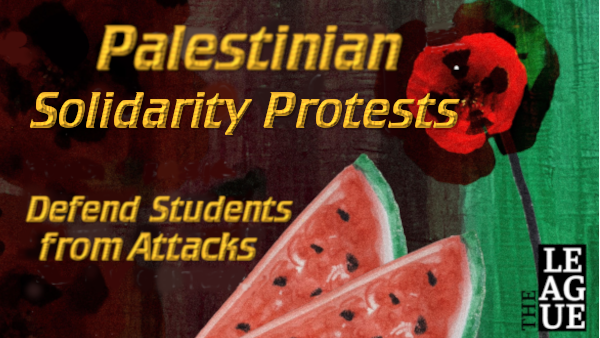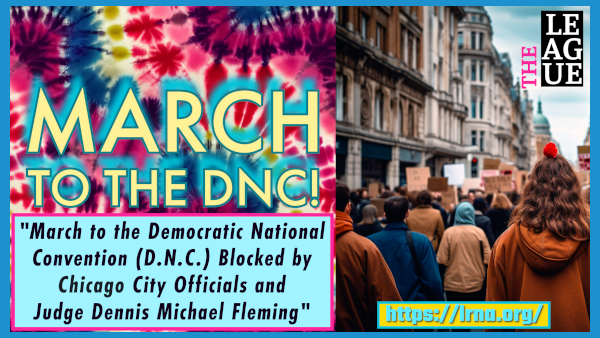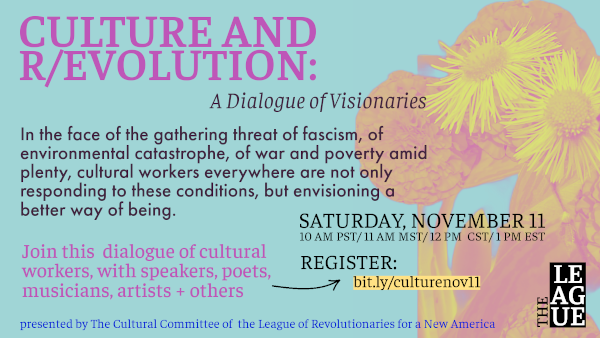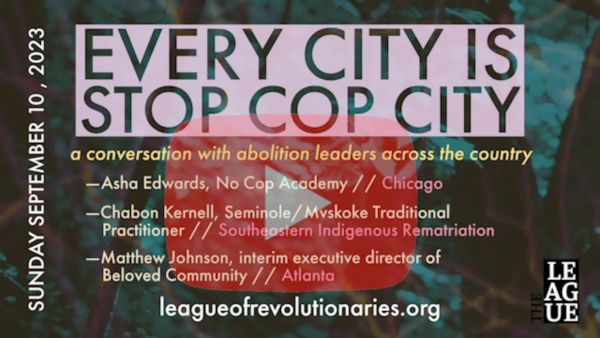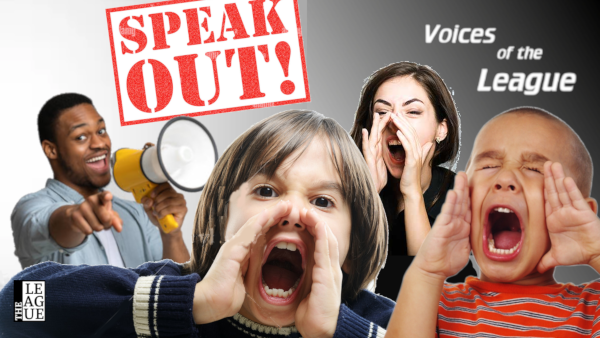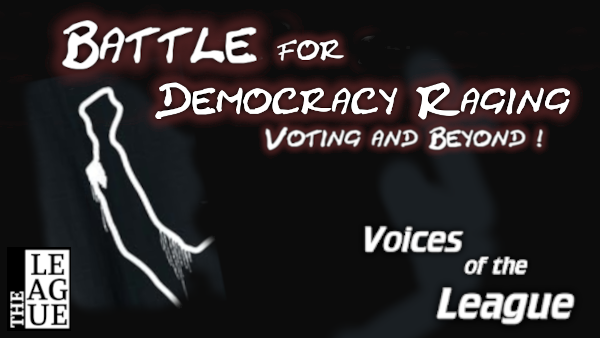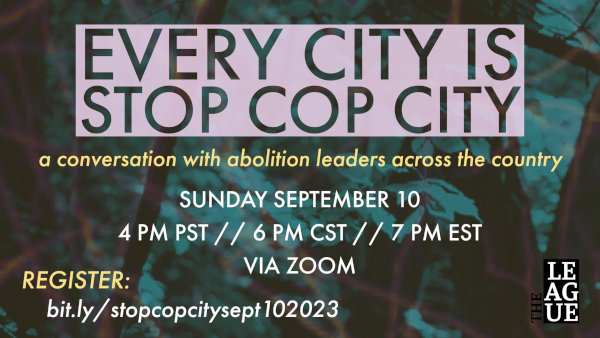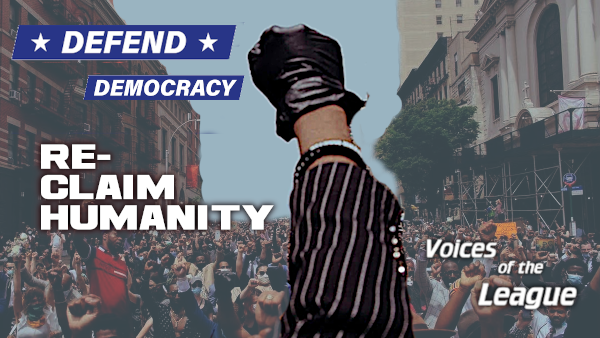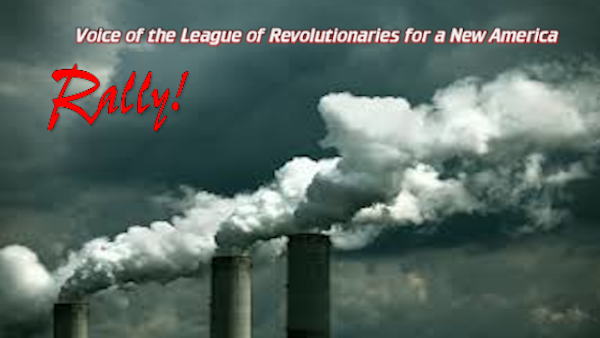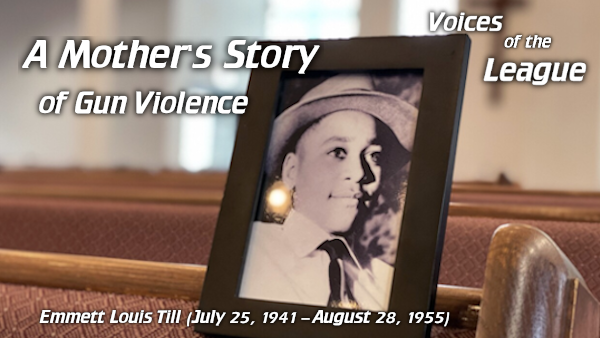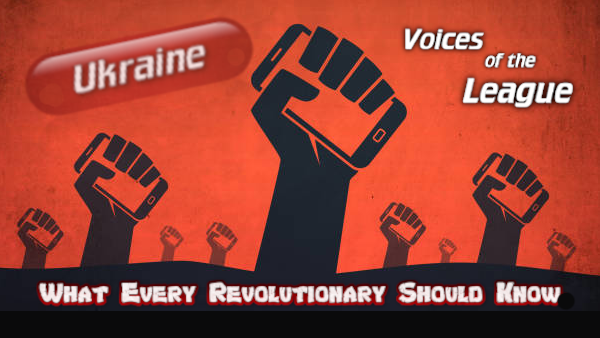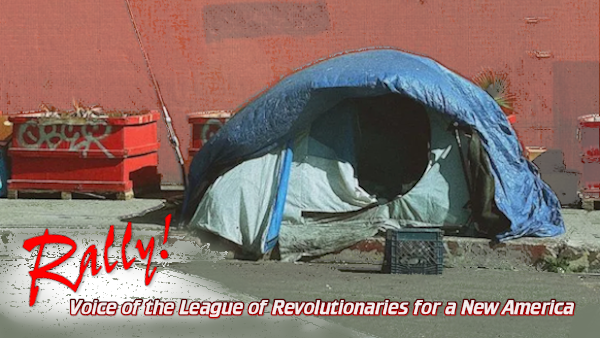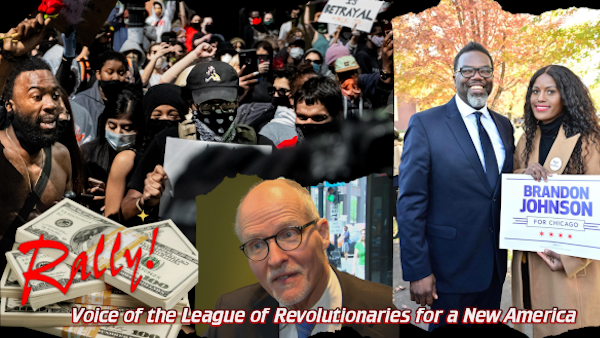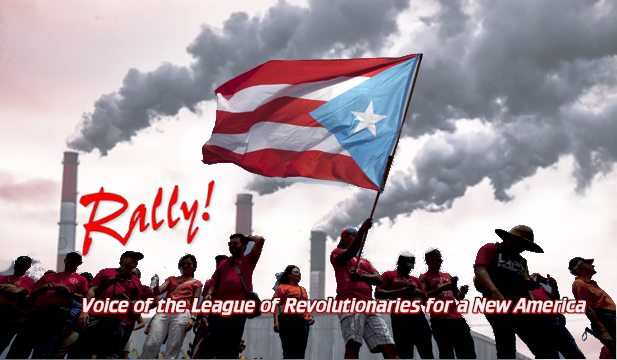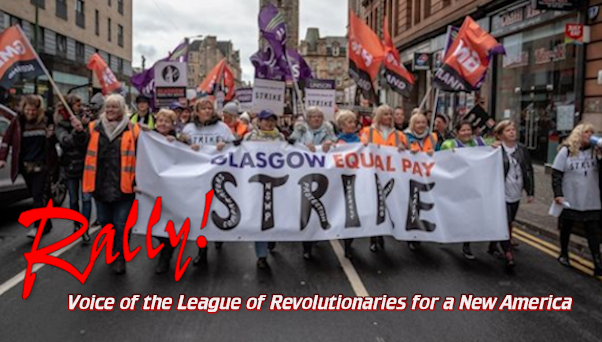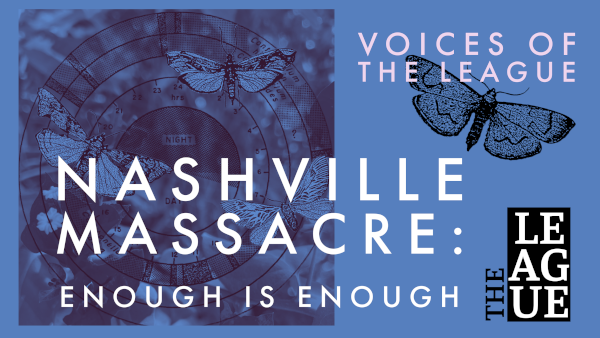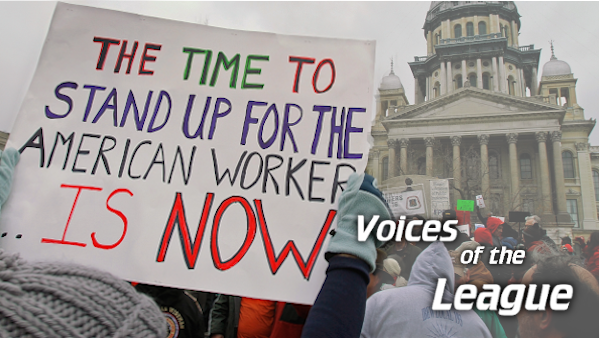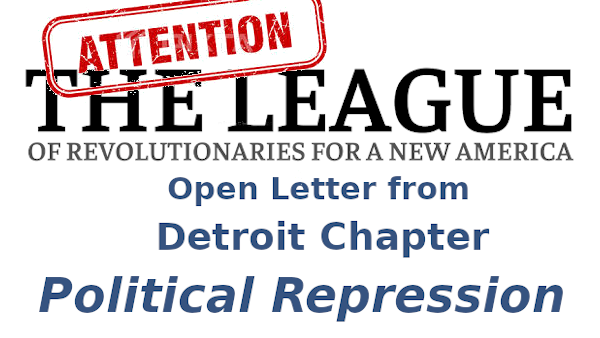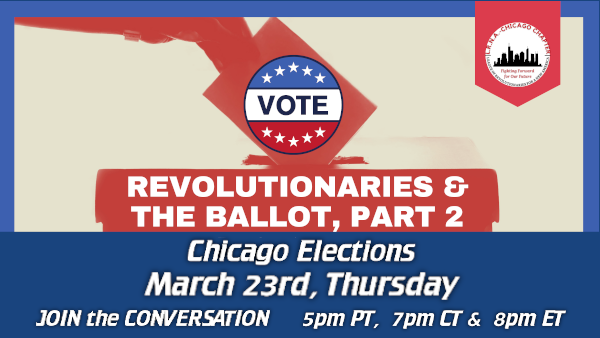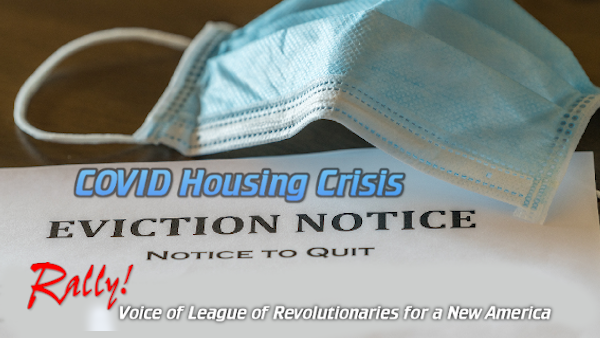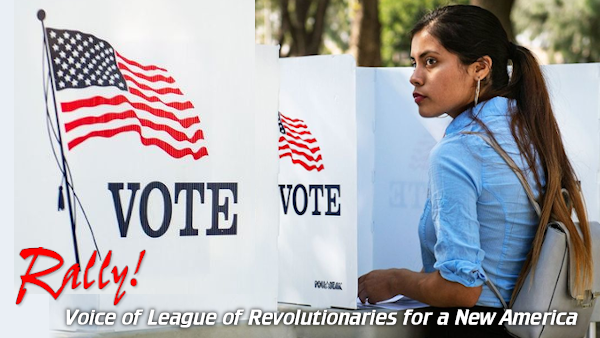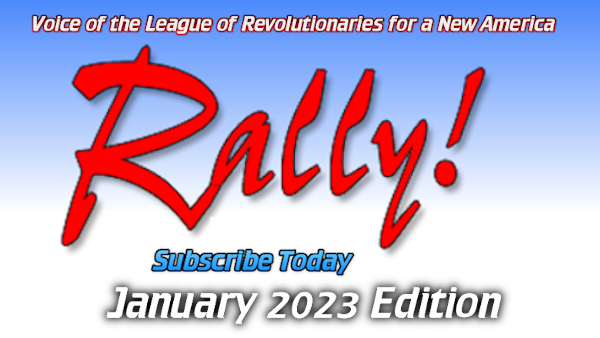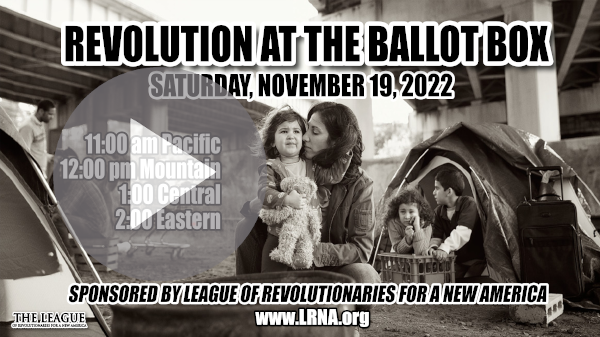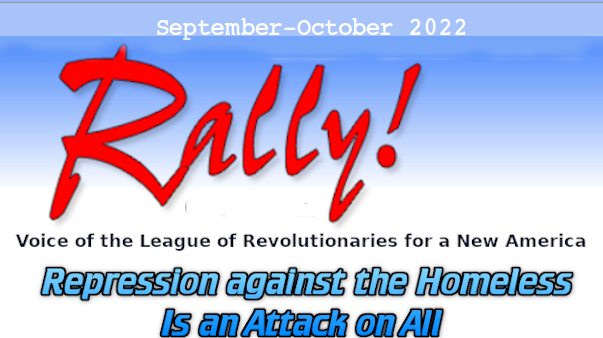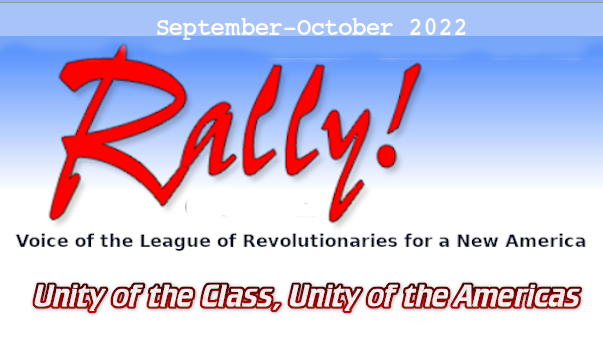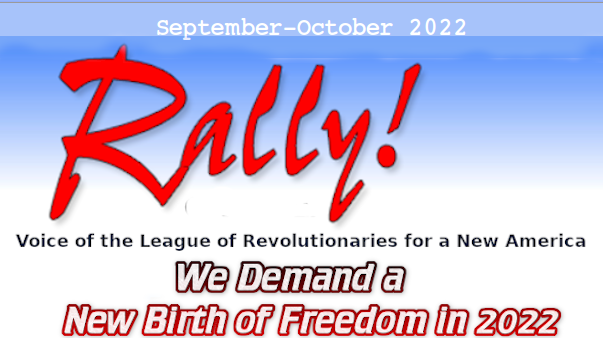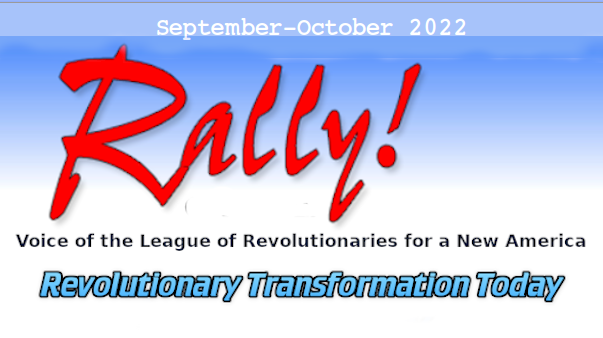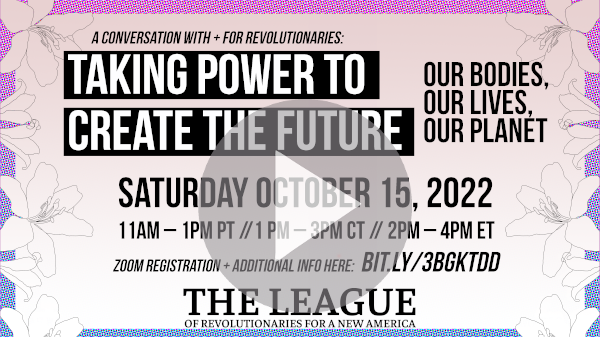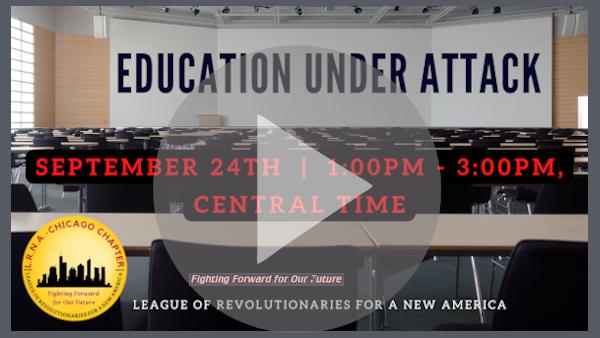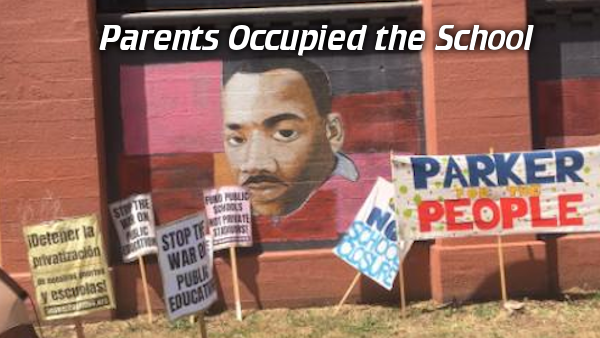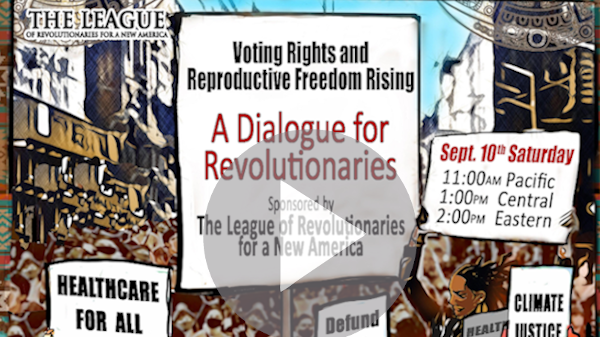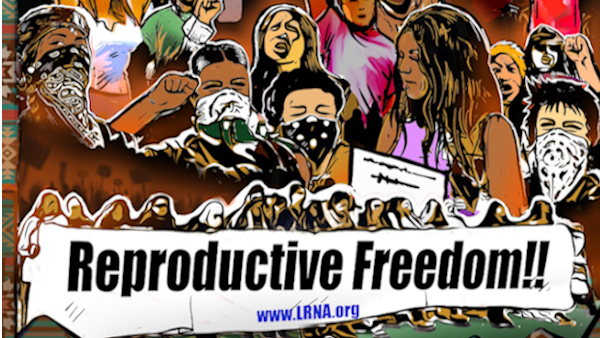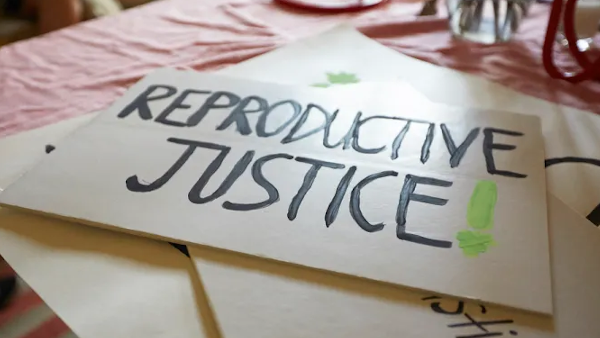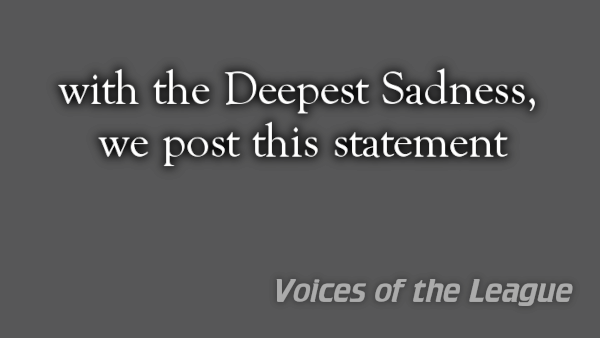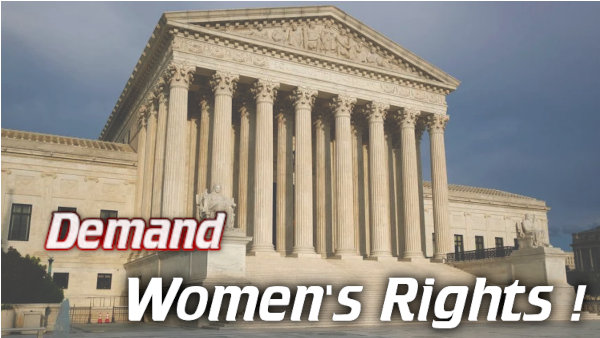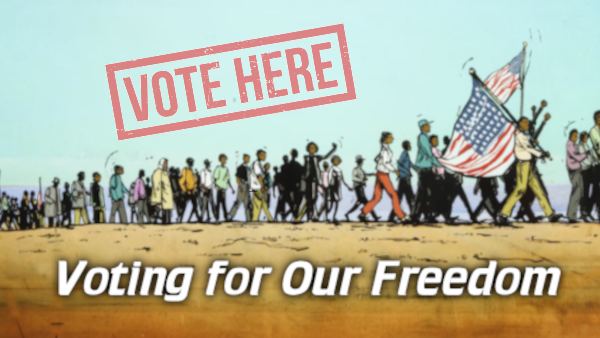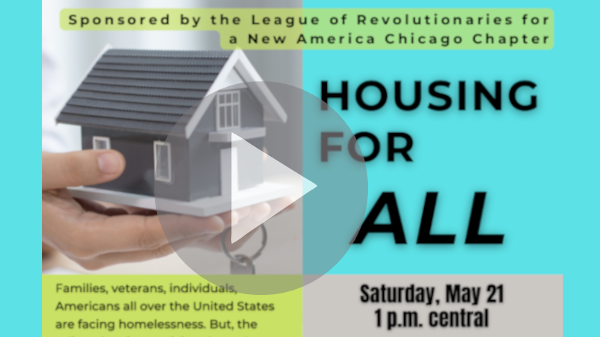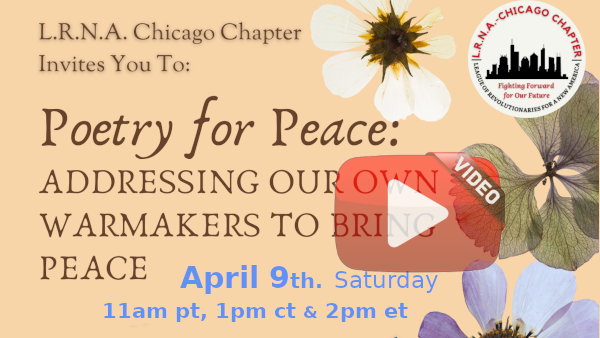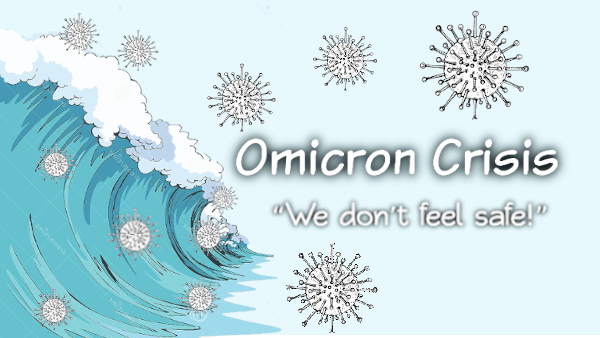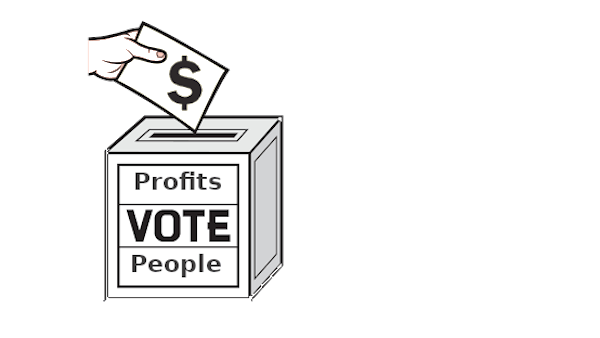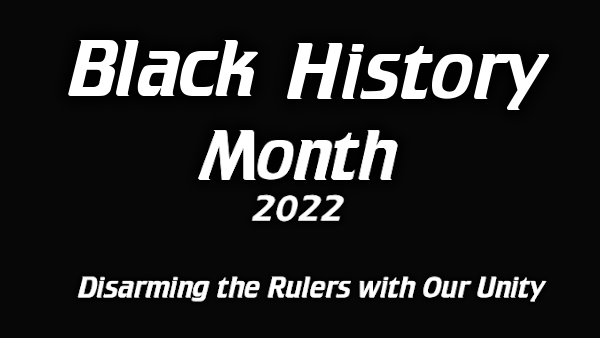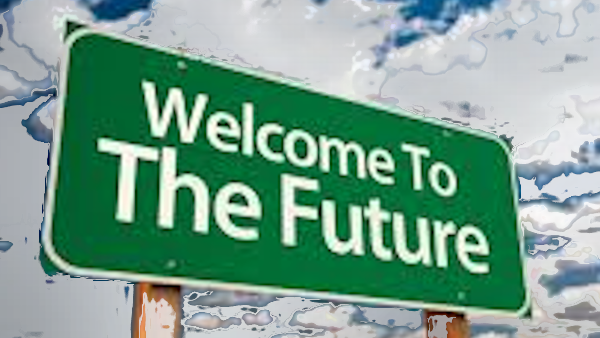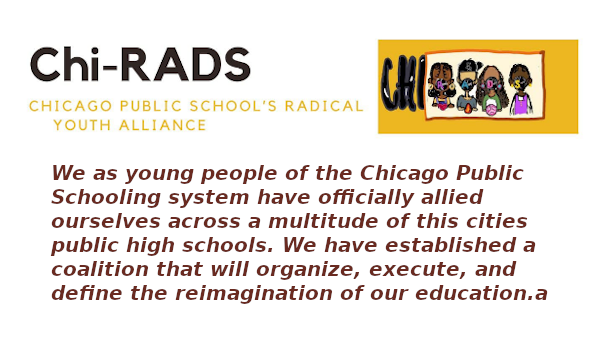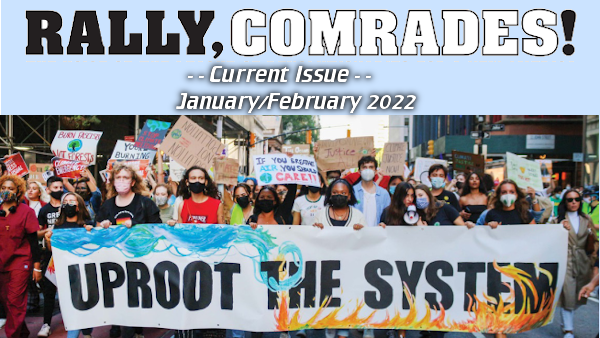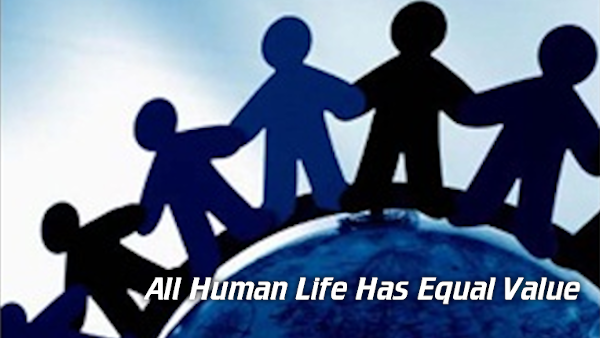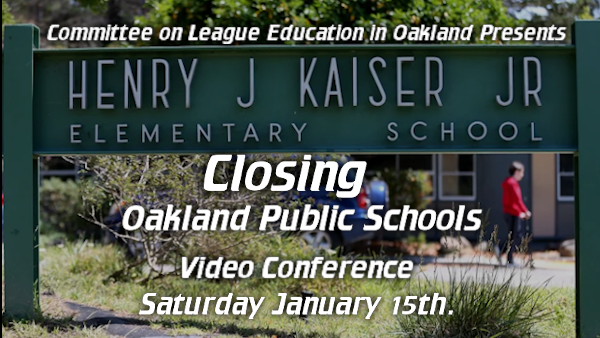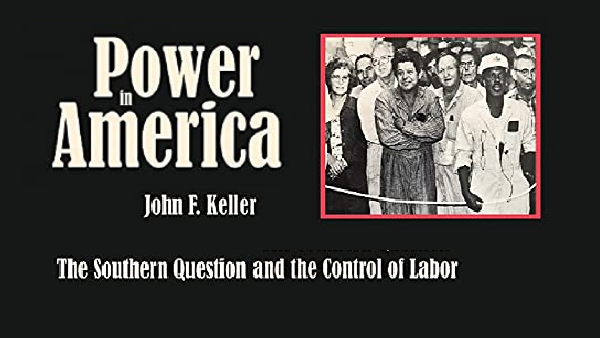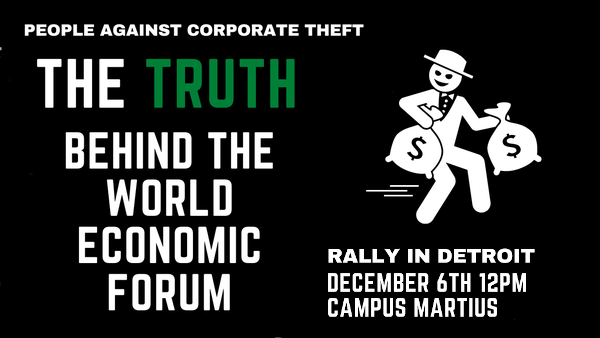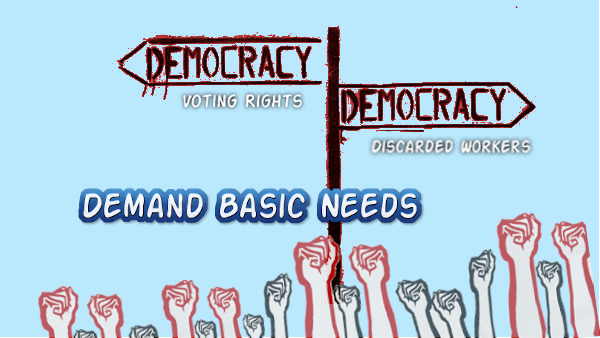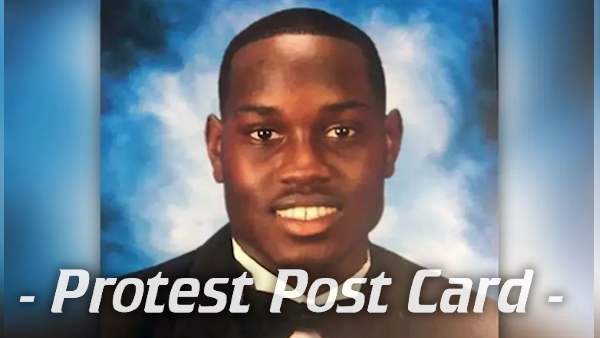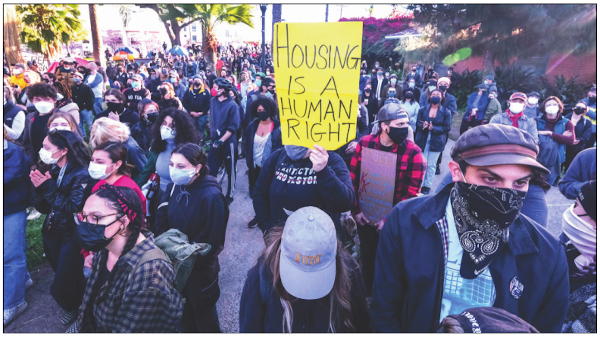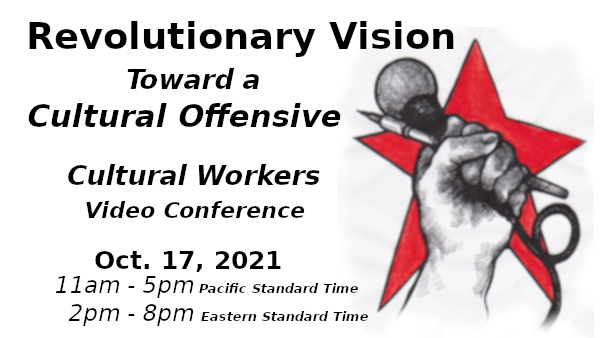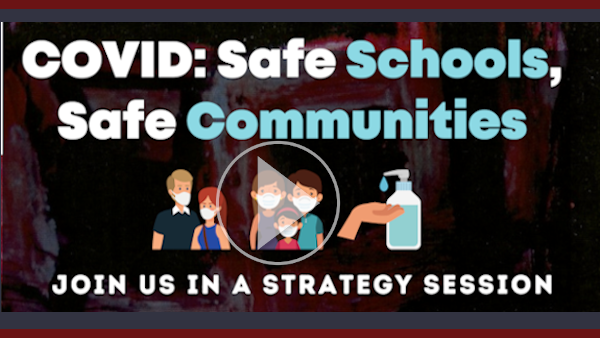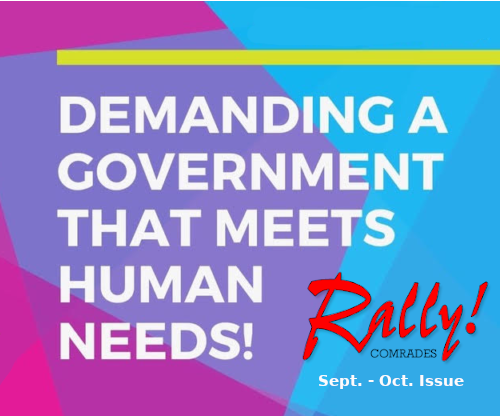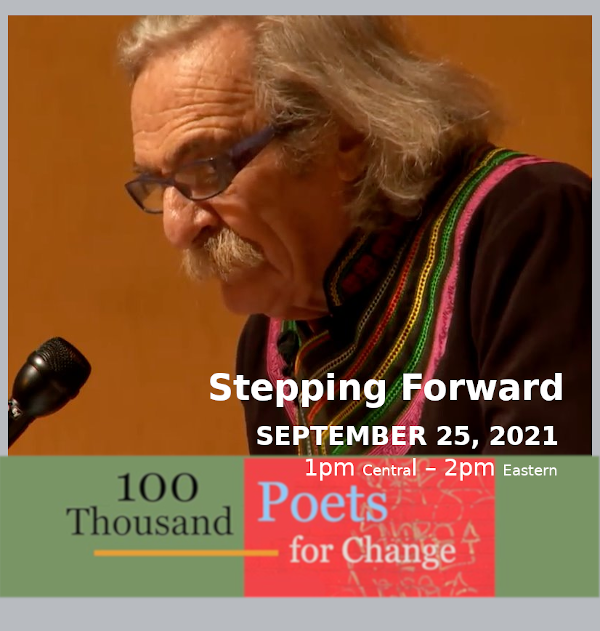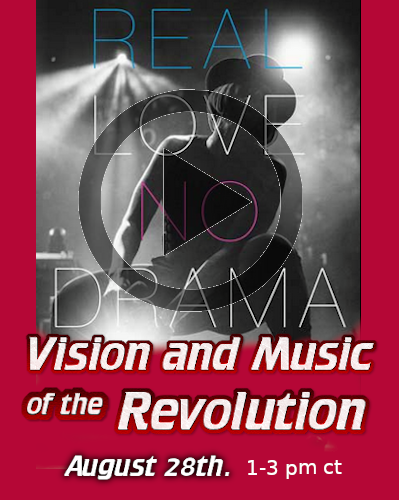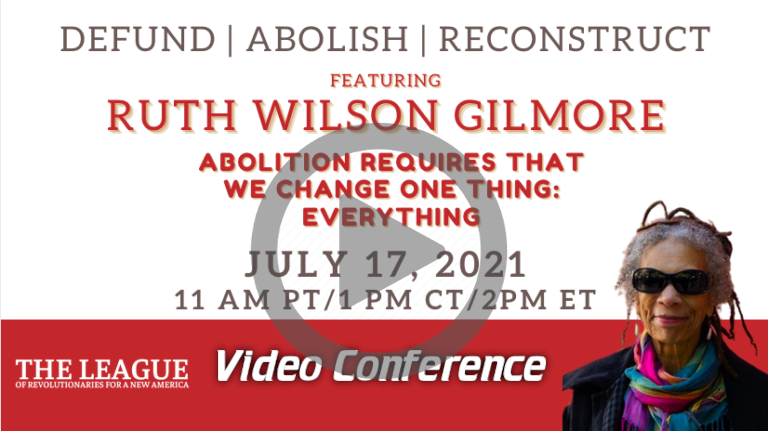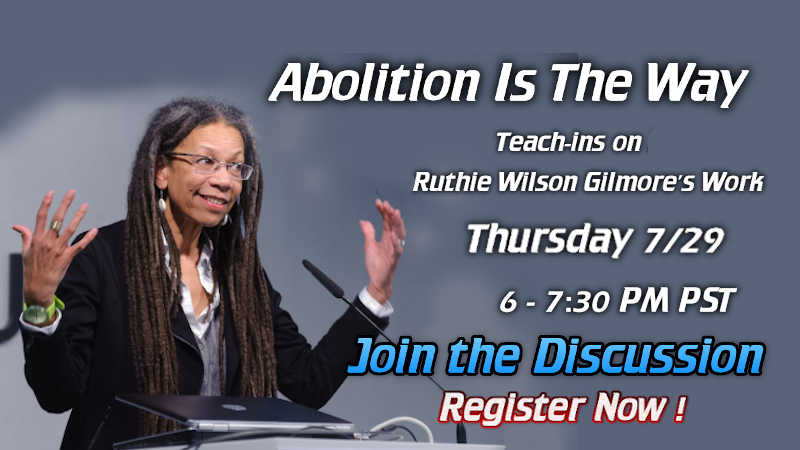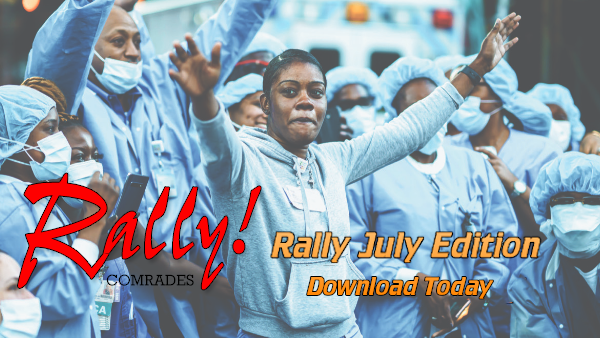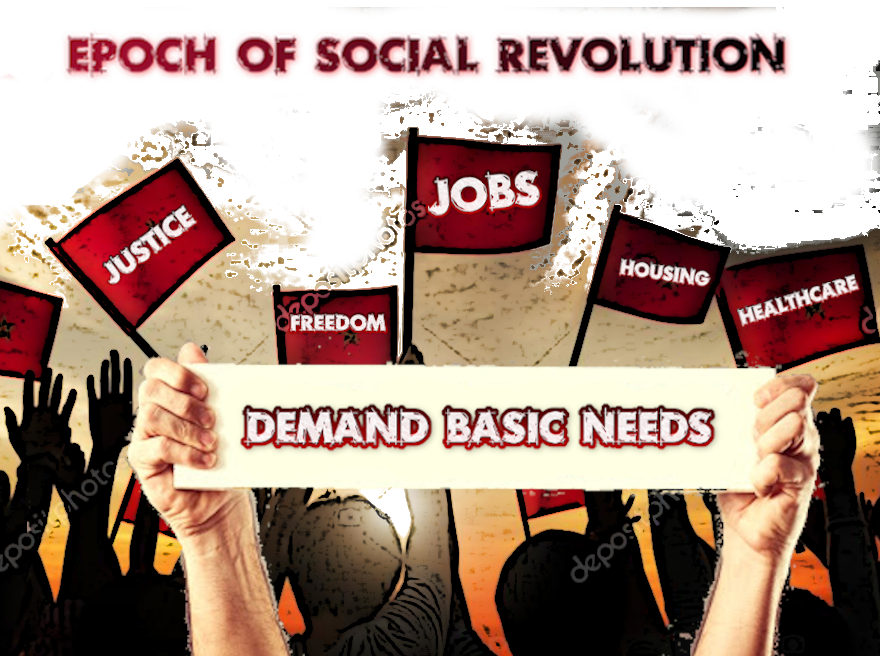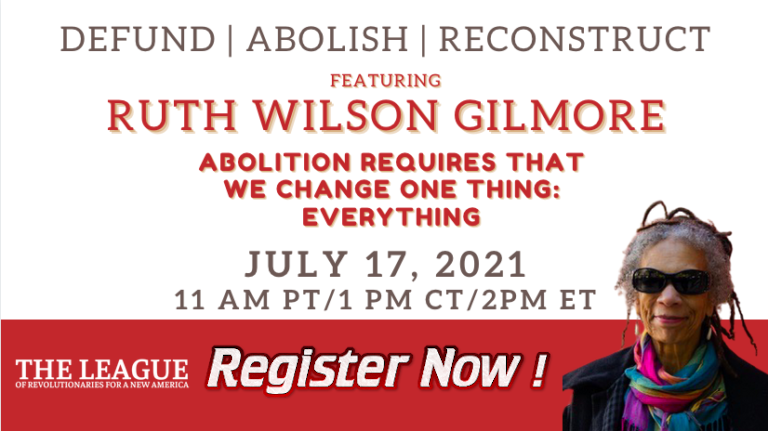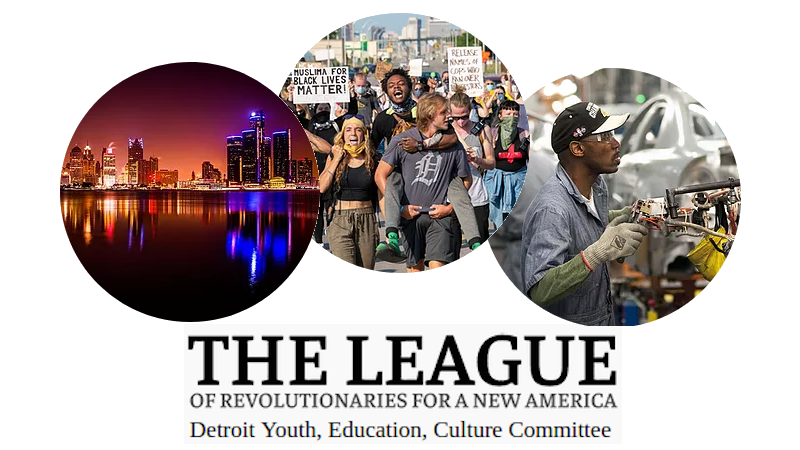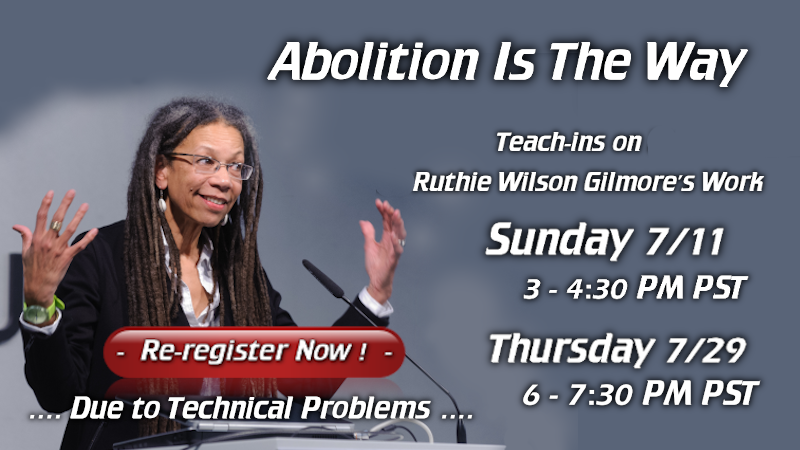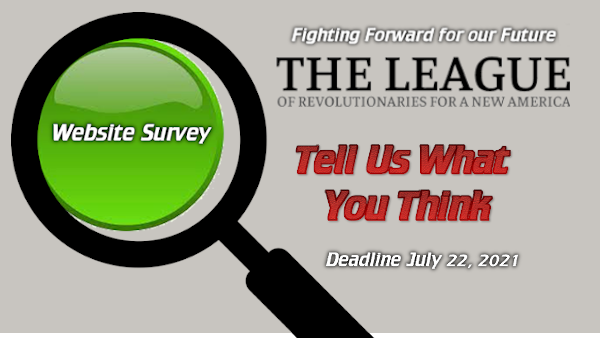Repression against the Homeless Is an Attack on All
Repression against the Homeless Is an Attack on All
All over the country, the repression against unhoused people is being amped up. Instead of putting resources into housing people, monies people vote for (intended to help people get housing) are going toward police harassment and into breaking up tent communities where people are trying to shelter themselves and protect each other. Instead of housing those who are unhoused and providing supportive services for those who need them, at best the powers that be erect a few sheds, or ‘tiny homes,’ usually far from services. That gives them an excuse to raid tent camps, to round people up into dangerous mass shelters, often one large tent crowded with cots and surrounded by razor wire.
In Sacramento, CA, the city has been executing multiple sweeps of encampments, involving three to five thousand people, though shelters are filled to capacity. Crystal Sanchez of the Sacramento Homeless Union reports that one such sweep “displaced an 87 year-old veteran, while confiscating his RV. They left him in a chair with what he had on his back.” A federal judge recently ordered a stay to stop the removal of an Oakland, CA encampment where several hundred people live in tents and home-built structures – one of at least a hundred homeless encampments in this gentrifying city, that has seen much organizing and resisting, from tent occupations of civic centers to housing takeovers.
Los Angeles has an estimated 70,000 homeless people in the county, and 40,000 in the city itself, many living on so-called ‘Skid Row’ downtown, where the notorious LAPD is often seen harassing and brutalizing those who live on the streets. As of late July, the Los Angeles City Council is set to approve an amendment to an existing code which would increase the number of places where homelessness is criminalized. According to Services Not Sweeps, ‘Further criminalization and withdrawal of available public space, often close to nearby support systems, targets the unhoused rather than the roots of homelessness,’ without meeting a single one of their needs. A broad coalition of groups are organizing resistance against these mean and ineffective laws, demanding that the government house people instead of attacking them.
Criminalized to Death
The recent brutal heat waves across the country (and the globe) have claimed the lives of countless unsheltered victims. In Phoenix, Arizona, “two thirds of the deaths involved people who live unprotected outdoors in the arid desert city where temperatures soar well into triple digits” (Associated Press). And during a recent frigid winter, people who had set up their tents near downtown Denver, Colorado were chased away and retreated to a nearby river, where several died of exposure.
Most recently, the state of Tennessee passed a law making it a felony to camp “without permission” on government property. The first arrest under this law was of a young Knoxville woman, Cynthia Dawn Rose, 32, taken into custody for camping under a bridge. The police cited as evidence of the felony “pillows and blankets.” As other people were chased away she refused to leave, saying she would “when there was somewhere to go.” This heartless law, pushed onto the people of Tennessee by Republican lawmakers, is so extreme and such a violation of basic rights that it is even causing outrage in local city governments.
This shows the level of criminalization of people whose only crime is to not be able to afford a place to live. It has been calculated that a person working full-time would have to make over $20 an hour to afford a one bedroom apartment anywhere in the US, where the federal minimum wage has been stuck at a ridiculous $7.25 an hour for over a decade. Many homeless people work one or two jobs, with little prospect of ever escaping homelessness. This affects men, women and children, single people, veterans, and families and students of all ages. Rents have risen everywhere – as much as 40% in some cities in the past year.
Increasing economic and social instability is tearing the fabric of society from top to bottom, as new strains of the pandemic hit people with unequal ferocity, along with inflation, sky-high rents, and the permanent replacement of workers by automation, algorithms and AI. The reality of the growing number people who have lost their homes, or who soon will, is clashing with the extreme financialization of housing and rents, along with the rising cost of living.
Organizing against the attacks
The debate over homelessness – which has been going on for decades – is becoming white hot. Real estate and other private property interests are doubling down on their argument that homelessness is caused by bad people – people who use drugs, are mentally ill, lazy, or simply criminal. But millions of people don’t buy this and are fighting back through organizations not only of unhoused people, but also tenants, unions, community organizations, coalitions, and especially voters.
These groups include Services Not Sweeps in Los Angeles, Our Reno, Denver Out Loud, ‘First they came for the homeless’ in San Francisco, Moms 4 Housing in Oakland, and Union of the Homeless locals across the country, and organizations in Boston, Chicago, Miami, Atlanta, Kansas City and elsewhere, from cities to small towns.
Moms 4 Housing, based in Oakland, two years ago organized the takeover of a foreclosed-on home owned by one of the country’s largest real estate speculators. The self-described ‘collective of homeless and marginally-housed mothers’ put themselves and their children into the house, with support from the surrounding community. Caroll Fife, one of the mothers who organized this action – which was seen as a model across the country – ran for Oakland City Council and was elected over an incumbent. On her agenda is legislation for the November ballot that would create 13,000 “low-rent” units of housing.
As more working people fall on hard times and can’t afford a roof over their heads, this human rights issue becomes one not just of compassion but of self-interest. We must all have the right to the basics, to what we need to survive and thrive, whether we can ‘afford’ them or not. This means that the government must fund and build enough low or no-cost decent housing for everyone’s needs and hold our elected officials accountable to serve all the people.
Many people throughout society are standing up and demanding the end to attacks on homeless people and that all be housed. We are all in danger, not just materially but morally and spiritually, unless we organize for an end to homelessness, meaning social transformation to a cooperative, socialist order where housing and all we need is a guaranteed right.
September/October 2022 vol.32. Ed5
This article originated in Rally, Comrades!
P.O. Box 477113 Chicago, IL 60647 rally@lrna.org
Free to reproduce unless otherwise marked.
Please include this message with any reproduction.

